2025
Comparably’s Best Company Outlook
* Providing engineering services in these locations through SWCA Environmental Consulting & Engineering, Inc., an affiliate of SWCA.

From the experts we hire, to the clients we partner with, our greatest opportunity for success lies in our ability to bring the best team together for every project.
That’s why:
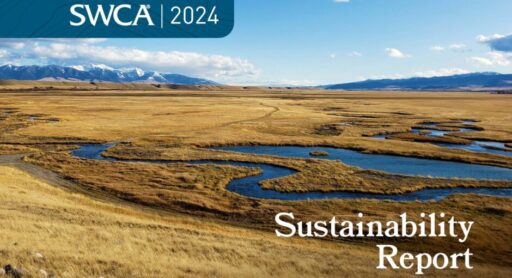
At SWCA, sustainability means balancing humanity’s social, economic, and environmental needs to provide a healthy planet for future generations.
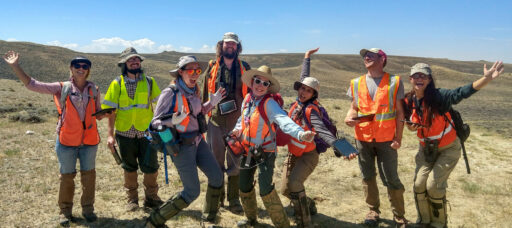
SWCA employs smart, talented, problem-solvers dedicated to our purpose of preserving natural and cultural resources for tomorrow while enabling projects that benefit people today.
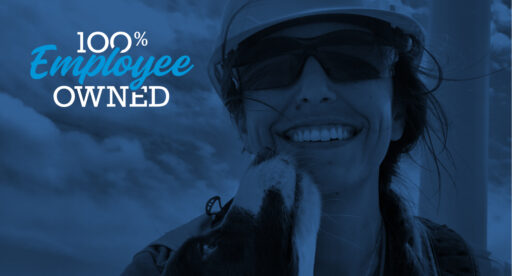
At SWCA, you’re not just an employee. You’re an owner. Everyone you work with has a stake in your success, so your hard work pays off – for the clients, for the company, and for your retirement goals.
Northern Long-eared Bat Listed Endangered
Update January 25, 2023: The U.S. Fish and Wildlife Service is extending the effective date by 60 days, from January 30, 2023, to March 31, 2023.
Amanda Glen is SWCA’s natural resources technical director for biological services and provides strategic guidance on permitting and compliance for matters involving protected wildlife, plants, and habitats. Currently managing a national practice, she has more than 25 years of consulting experience with an emphasis on the Endangered Species Act (ESA) and how compliance with the ESA influences other regulatory programs. Her wealth of experience pertaining to endangered species issues includes research, permitting, consultations, status reviews, and conservation planning. Her experience includes negotiating compliance solutions for critically imperiled species facing potential determinations of jeopardy or adverse modification of designated critical habitats. She has led efforts to delist species no longer requiring the protections of the ESA when supported by sound science, and has been involved in voluntary conservation planning to help preclude the need to list species. Amanda frequently presents at regional and national conferences on matters related to the ESA, including new listings, regulatory and policy changes, and trends in compliance strategies.

Drew is one of SWCA’s Midwest lead project managers specializing in renewable energy projects and Endangered Species Act compliance. He is a federally permitted bat biologist with 16 seasons of field survey experience.



Update January 25, 2023: The U.S. Fish and Wildlife Service is delaying the effective date of the final rule to reclassify the northern long-eared bat from threatened to endangered under the Endangered Species Act. The agency is extending the effective date by 60 days, from January 30, 2023, to March 31, 2023.
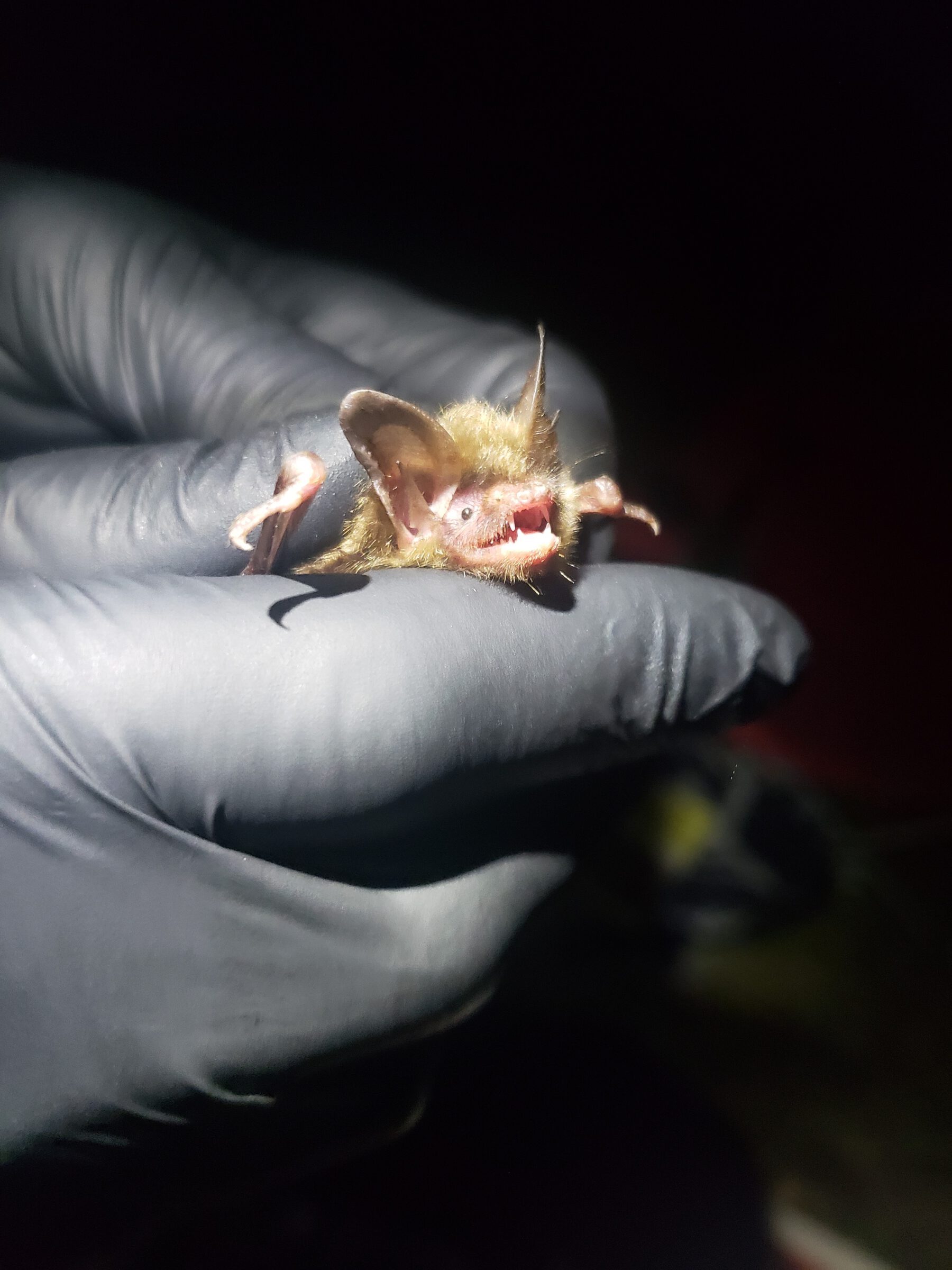
Northern Long-eared Bat
The U.S. Fish and Wildlife Service (USFWS) has published a final rule reclassifying the northern long-eared bat (NLEB) from threatened to endangered status, citing white-nose syndrome as the primary factor influencing the species’ viability. This up-listing eliminates the NLEB 4(d) rule, which to date had narrowed the scope of take prohibition to certain specific circumstances. For example, the 4(d) rule allowed tree clearing without the need for USFWS take authorization unless that clearing occurred within 150 feet of a known roost tree June-July or 0.25 mile of a known hibernaculum. These and all other components of the 4(d) rule would no longer apply once the reclassification takes effect. The rule is set to become effective 60 days after publication. USFWS states that during that time they will be finalizing consultation tools such as determination keys and an interim consultation framework. They also plan to provide a recovery outline within 30 days of rule publication.
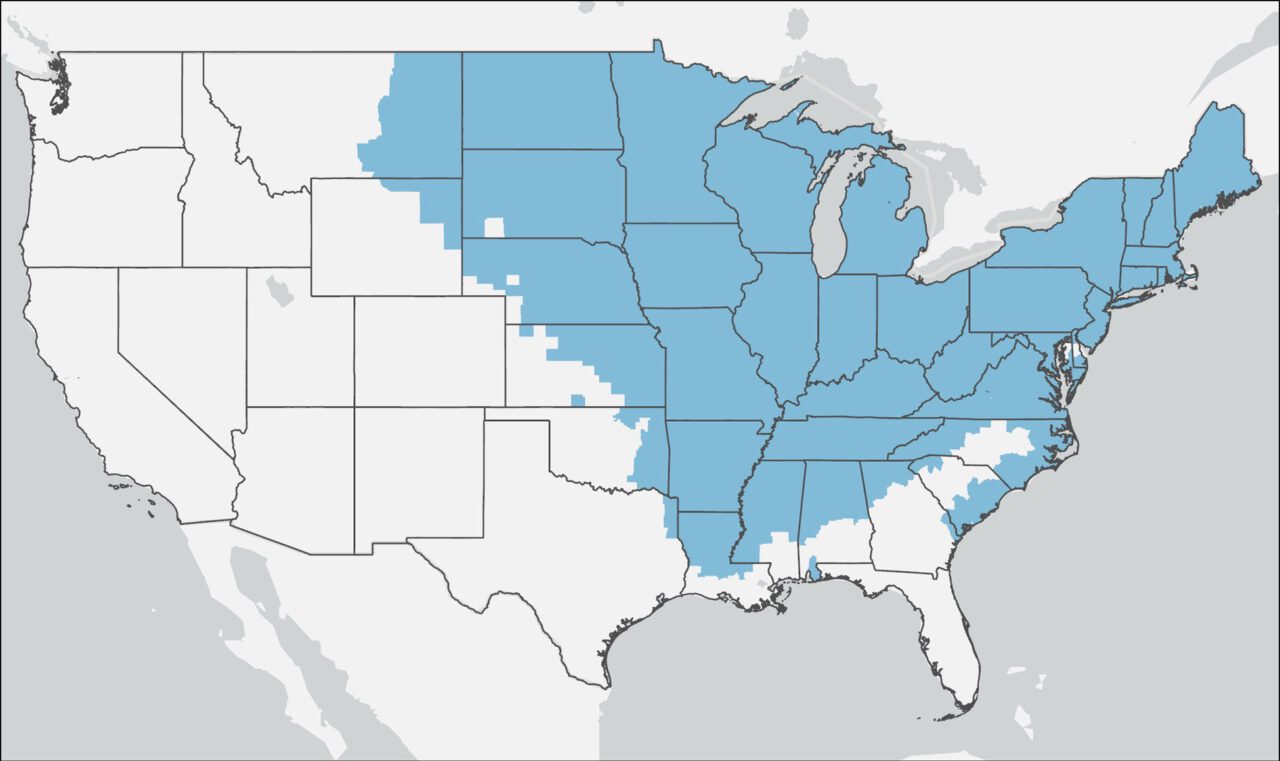
Northern long-eared bat range map
If your project is within the range of the NLEB and requires forest clearing, or if your project carries an ongoing risk of take (e.g., an operational wind energy generation facility), the 4(d) is no longer an option for Endangered Species Act (ESA) compliance. You may need to conduct NLEB surveys and/or determine alternative compliance pathways. Either way, SWCA’s bat biologists and Endangered Species Act compliance teams are ready to help you understand how this news may affect you and your projects. Please reach out to Amanda Glen or Drew Carson today if you find yourself in need of assistance with USFWS coordination, evaluating risk of incidental take, conducting NLEB surveys, or preparing new compliance strategies.